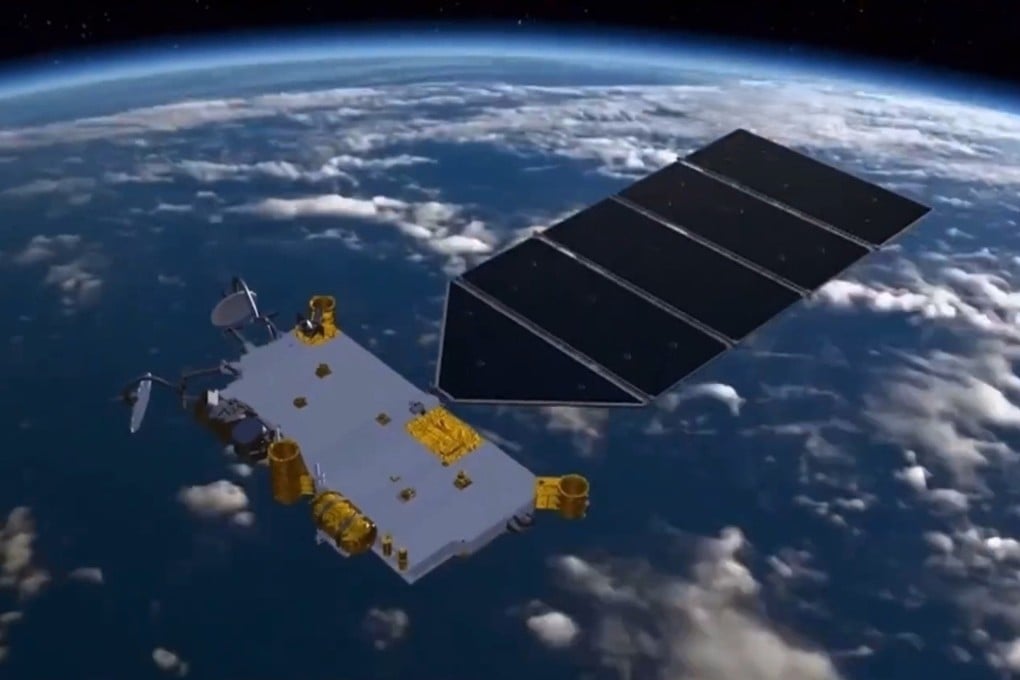Exclusive | Has the Qianfan satellite network – China’s Starlink rival – run into trouble?
A shortage of rockets and competition for launch resources appear to be putting the mega-constellation’s targets in doubt

Under international regulations to prevent spectrum hoarding, satellite operators must deploy a certain proportion of their constellation within set times after securing orbits and radio frequencies.
Shanghai Yuanxin Satellite Technology, the company leading the project, plans to deploy more than 15,000 satellites by 2030 to deliver direct-to-phone internet services worldwide.
To stay on track, Yuanxin – which is backed by the Shanghai municipal government – would have to launch more than 30 satellites a month to achieve its milestones of 648 by the end of 2025 for regional coverage and 1,296 two years later for global connectivity.
At the heart of the delay is a severe shortage of rockets, as China’s manufacturing and launch capacity struggle to keep pace with the explosive demand for satellite deployment, according to a rocket engineer based in Beijing.